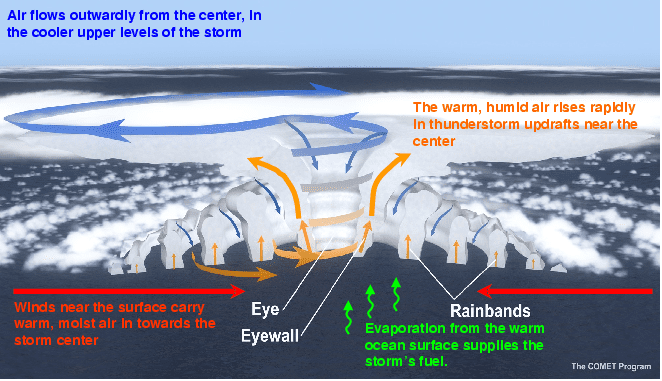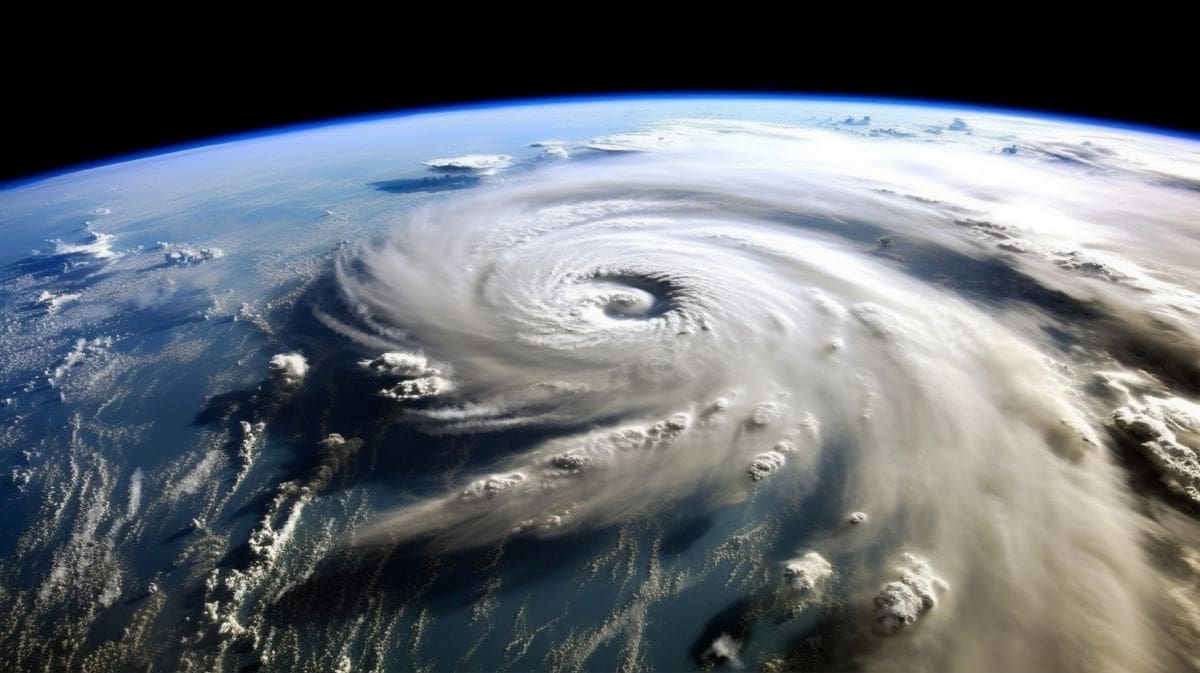Published in Geophysical Research Letters, a study by Nagoya University reveals the surprising effects of global warming on typhoons, suggesting a new method for projecting storm strength.
Tropical cyclones, known for their destructive power, are under the influence of global warming in intricate ways, according to a recent study by researchers from Nagoya University in Japan. The findings emphasize the differential impact of rising sea surface temperatures (SST) on typhoons, with larger, slower-moving storms proving more resilient compared to compact, fast-moving counterparts.
As global temperatures continue to rise, the threat of typhoons becomes more pronounced, making it crucial to understand the changes in ocean response to mitigate potential damages. The study led by Sachie Kanada and Hidenori Aiki delves into the relationship between the atmosphere and the ocean, a critical factor influencing weather patterns, ocean circulation, and climate variability.

The research highlights the linkage between typhoon intensity and SST. Traditionally, the size of a typhoon correlates inversely with its intensity, with larger storms experiencing lower SST, limiting their strength. However, under global warming conditions, higher SST levels could prolong the lifespan of typhoons.
Lead researcher Sachie Kanada warns, “The rise in sea temperatures is concerning because a typical compact, fast-moving storm, like Typhoon Faxai in 2019, caused severe damage to eastern Japan. Our findings show the intensity of such typhoons can strengthen under global warming conditions.”
To understand this phenomenon, researchers utilized the CReSS-NHOES model, a state-of-the-art atmosphere-ocean simulator. Examining four powerful typhoons from recent years — Trami (2018), Faxai (2019), Hagibis (2019), and Haishen (2020) — the team evaluated the impact of atmosphere-ocean coupling under various climate scenarios.
Surprisingly, the study found significant variation in how typhoons respond to a 1°C rise in SST. The researchers introduced a parameter called nondimensional storm speed (S0), creating a new model to distinguish between potentially destructive storms likely to strengthen under global warming and those resilient to its effects.
Sachie Kanada emphasizes the significance of the study, stating, “This research, using a high-resolution coupled regional atmosphere-ocean model, can reproduce the intensity and structure of strong typhoons and the response of the ocean with high accuracy.”
The findings offer a more nuanced understanding of the complex relationship between typhoons and global warming, providing a foundation for improved intensity projections and more accurate forecasting in the future.
Journal Reference:
Kanada, S., & Aiki, H., ‘Buffering effect of atmosphere–ocean coupling on intensity changes of tropical cyclones under a changing climate’, Geophysical Research Letters 51, e2023GL105659 (2024). DOI: 10.1029/2023GL105659
Article Source:
Press Release/Material by Nagoya University
Featured image credit: Freepik (AI Gen.)




